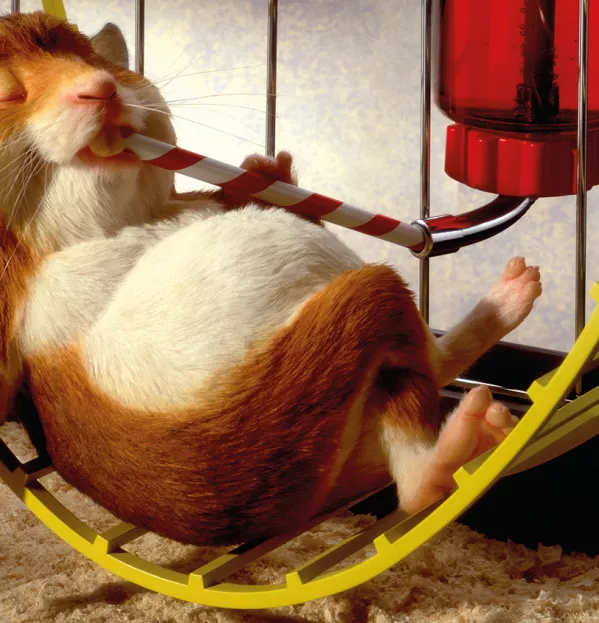It’s the start of the new academic year and I am working with a group of teachers. They are expecting me to lead a session introducing the key priorities for the development plan for our group of schools, outlining the new initiatives we will be starting and the changes we should be making.
Instead, I ask them to look through their school development plans from the year before and consider the impact of every new change they introduced. They are encouraged to think about how they managed the change, how it was received in their schools and, crucially, how it impacted on the lives and outcomes of their students.
In pairs, they reflect on the long lists of changes they introduced and challenge themselves to identify which ones had actually made a difference.
I begin to overhear some familiar phrases:
“I think this one just needs a bit longer to get going.”
“This teacher has got this going well, but the others have been slower to come on board.”
●“I didn’t really have the time to focus on this enough; it just needs a bit more attention.”
●“Well, it should have made a difference, but it didn’t seem to suit the children last year - it will be different this year, when we have a different cohort.”
“Stop!” I shout. “Highlight everything that has been difficult to get going, not proved sustainable and failed to get any traction with your teachers, children or parents.”
Rivers of yellow spread across the pages.
Finally, I ask the teachers to think hard about the little that was left untouched. “What difference has this made to the outcomes for the children? How do you know?”
There comes a dawning realisation that, although everyone has been frantically busy, not much has really got going and very little seems to have made things better.
Stopping, not starting
Does this sound familiar? It has certainly been my experience in education, which is why, this year, we have decided we are going to do less.
This year, we are not going to start doing things, we are going to stop doing them. We are going to step off the hamster wheel of constant change and focus our attention on improving what we do.
This is the year of de-implementation.
I recognise that this will be harder than it seems. With a culture of frantic activity in schools, we often equate our effectiveness as teachers and leaders with the sheer amount we get through, the number of hours we work and the number of weekends we spend catching up on the things we didn’t get to during the week. It’s an attitude that is difficult to shake.
So de-implementation needs the same level of planning and care that we should be applying to implementing change. We need to explore and understand the challenges that we will face, consider what we are going to do to support teachers to set aside some of the practices we know are not working, and help them change the habits they have built up.
That means being clear about how we know our efforts are working and we need to have a back-up for when we can’t follow our plan.
We will need collaboration to ensure we remain insistent, persistent and consistent in not doing things. We will need to make sure the messages stay the same and we help each other to get better at doing less.
And we will need industrial amounts of chocolate biscuits. But it will be worth it.
Megan Dixon is regional lead for the North West at the Education Endowment Foundation
This article originally appeared in the 6 SEPTEMBER 2019 issue under the headline “Step off the hamster wheel of constant change and just do less”
